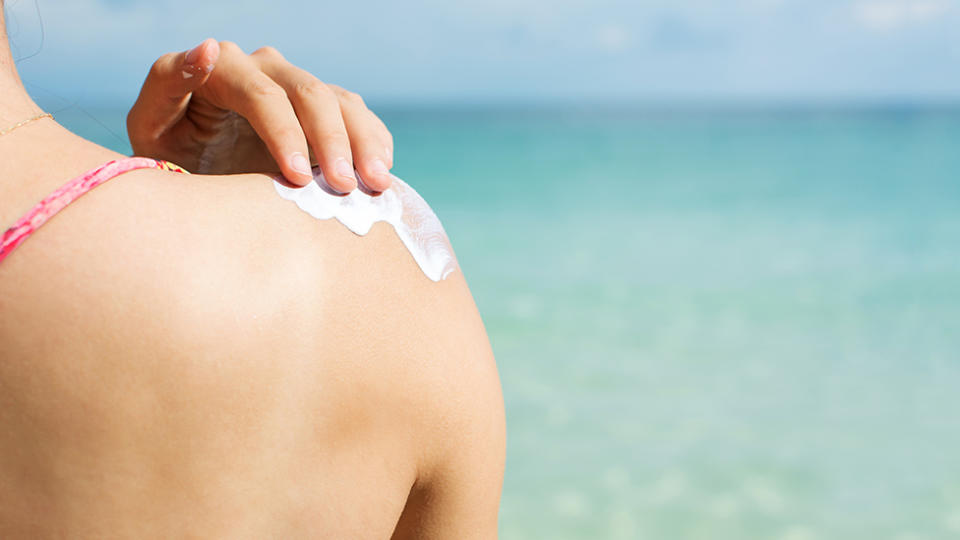The sunscreen chemicals entering your bloodstream at unsafe levels
Research examining sunscreen application has revealed chemicals absorbed into the bloodstream surpassed what is considered safe by a major health organisation.
In a study involving 48 participants, six tested ingredients present in four different sunscreens systemically absorbed in quantities higher than the US Food and Drug Administration's threshold.
Ingredients called avobenzone, oxybenzone, octocrylene, homosalate, octisalate, and octinoxate, were present in four different sunscreen products including in the form of lotion, aerosol spray, non-aerosol spray, and pump spray.
Participants comprised of 24 women and 24 men who were studied throughout a period of 21 days.
The study noted a distinct lack of real-life elements, given that participants were required to stay indoors for its duration, and discussed the need for further research in the area.
It also explained the “findings do not indicate that individuals should refrain from the use of sunscreen”.

Is it safe to wear sunscreen?
In subsequent commentary from Australian experts in the field, it was made clear that skin cancer was still a great danger than any ailment potentially caused by sunscreen.
Professor Ian Rae from the School of Chemistry at the University of Melbourne said it was “no surprise that the UV-absorbing chemicals in sunscreens can be taken into the body”, in an article from Scimex.
“In laboratory tests most of the sunscreen chemicals can act as hormone mimics, potentially affecting development and the immune system, but whether these effects can be demonstrated in whole bodies, and whether the use of sunscreens can produce higher concentrations than the body can safely deal with, are as-yet-unanswered questions,” Prof Rae said.
“Skin cancer is probably a greater danger than sunscreen. A less-cautious consumer might opt for a mineral sunscreen, perhaps without realising that the minerals, zinc oxide and titanium oxide, can also be absorbed through the skin.”
Heather Walker, the Chair of the Skin Cancer Committee for Cancer Council Australia, shared a similar sentiment and encouraged Australians to continue being sun smart.
“The researchers behind this study themselves say that these results should not discourage people from using sunscreen. In Australia, sunscreens are closely regulated by the Government’s Therapeutic Goods Administration to make sure they are safe and effective – but sunscreen alone is not enough. When the UV is 3 or above, everyone needs to slip, slop, slap, seek (shade) and slide (on sunglasses),” she said.
A third expert in the field, Professor of Dermatology at the University of Melbourne, Rodney Sinclair, said the results revealed the need for nothing more than additional testing.

Prof Sinclair added sunscreen should always be used along with hats, clothing and shade and said sunscreens sold in Australia are regulated by the Australian Government Department of Health through the Therapeutic Goods Administration (TGA) and meet “strict testing standards”.
“Many ingredients have been in common use for many years with no safety concerns,” Prof Sinclair said.
“Recently the Federal Drug Agency (the USA equivalent of Australia’s TGA) identified that some sunscreen agents are absorbed through the skin at levels higher than previously realised and at levels higher than which previous testing has confirmed safety.
“This does not mean that they are unsafe at these levels, merely that additional testing is required. The FDA will now conduct more research to determine the maximum levels of sunscreen ingredients that are safe to use.”
Do you have a story tip? Email: newsroomau@yahoonews.com.
You can also follow us on Facebook, Instagram and Twitter and download the Yahoo News app from the App Store or Google Play.


